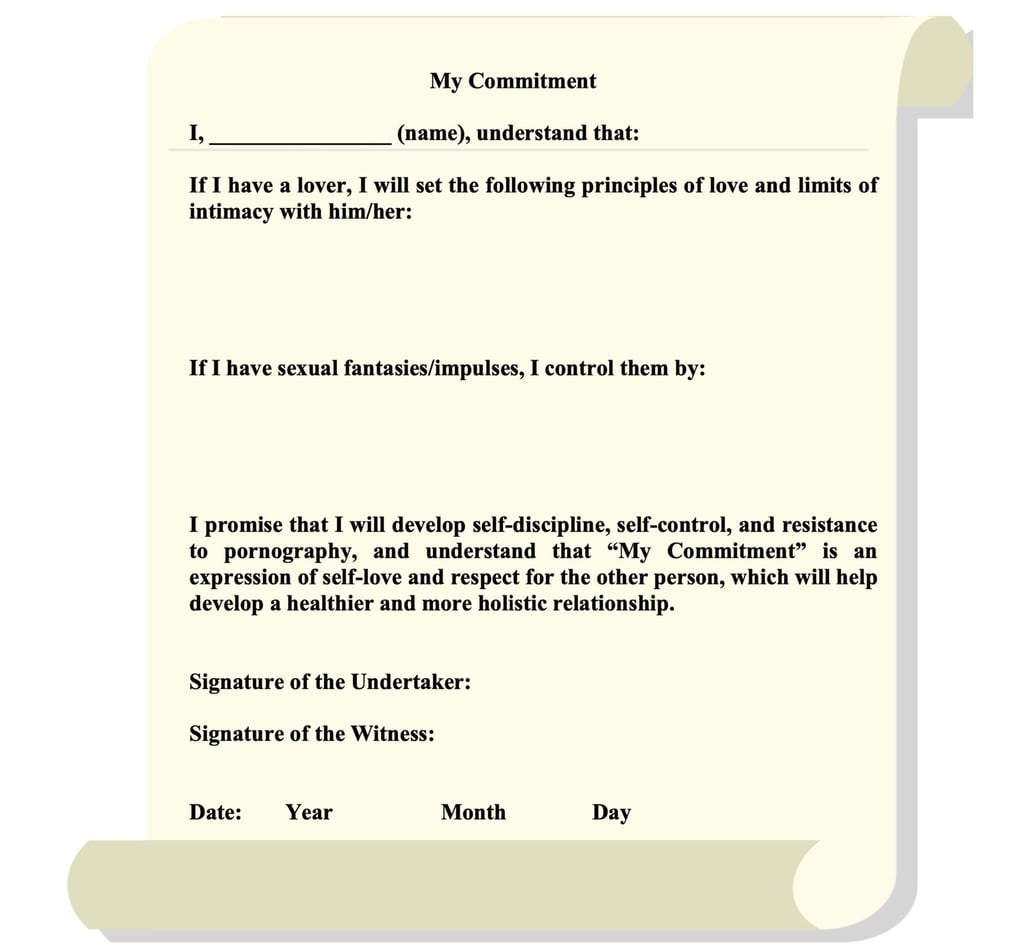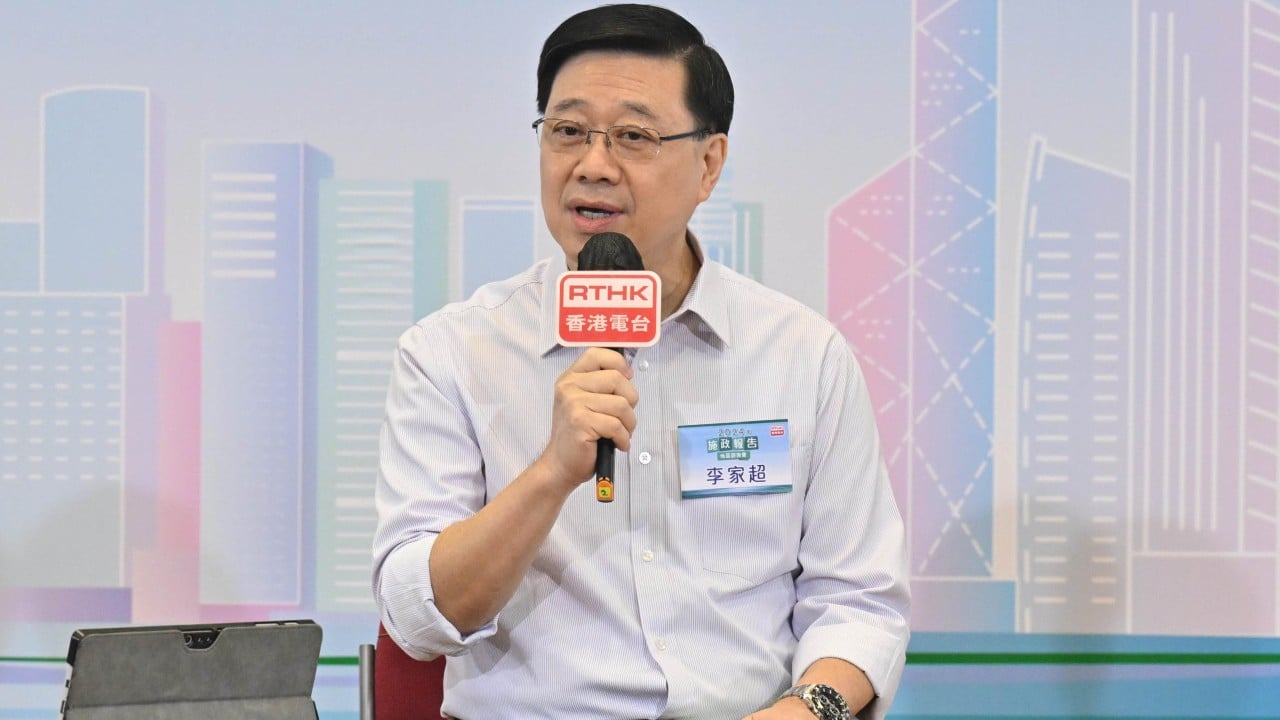Hong Kong’s leader and the education chief on Sunday defended the government’s sex education curriculum for schools, which asked pupils to avoid premarital sex and curb sexual urges by playing badminton, and insisted it was a valid way to “protect the juniors”.
Chief Executive John Lee Ka-chiu and Christine Choi Yuk-lin, the secretary for education, weighed in on the controversy after teaching materials for the citizenship, economics and society curriculum for Form One to Three pupils was labelled as “out of touch” and “unrealistic”.
Some of the suggestions made by the Education Bureau included avoiding premarital sex if young couples could not cope with the consequences of pregnancy, setting limits on intimacy early in a relationship and developing “self-discipline, self-control and resistance to pornography”.
An example provided for the “avoid and divert” approach to sexual desire was “go out to play badminton together in a sports hall” when a boy had a physiological reaction when left alone with his girlfriend.
The remark sparked online mockery, with internet users suggesting an invitation to play badminton should be the Hong Kong version of “Netflix and chill”, a euphemism for sexual activity.
Choi said in a television interview that the purpose of sex education was to teach children to “love themselves, respect others and be responsible for themselves”.
“Our approach is not conservative – we wish to protect the young people and equip them with the right values to face adulthood and the complexity of society … and it’s illegal to have sex with an underaged person,” she added.

Sex with a girl aged under 16 can attract a penalty of five years in prison.
If the girl is aged under 13, the maximum sentence is life behind bars.
Choi said that the curriculum for pupils aged 12 to 14 was designed after taking into consideration rapid societal changes and the large amounts of information that young people could access online.
Lee backed Choi and said that the government should help shape society through education.
“Although people could have very different opinions on value education, the government plays a leading role in determining the kind of society it aims to build through education,” Lee added.
“The education we provide should align with our visions, bringing us towards the kind of society, living environment and societal culture that we aspire to build … this is a continuous and collective effort.”
Although the bureau earlier insisted that the curriculum was designed to help youngsters make “informed and responsible decisions about sexual issues in the future”, some experts did not agree.
They said authorities should teach young people how to face and understand their sexual urges instead of putting the emphasis on the need to control them.
The experts added the advice reinforced a culture of victim-blaming, as a model answer in the material suggested young couples should “dress appropriately to present a healthy image and to avoid visual stimulation from sexy clothing”.
The government document was also said to have neglected discussion of important subjects such as helping young people to identify their own will and express consent.
The lack of a thorough literature review and little reference to up-to-date academic research was also highlighted.
Some critics added the materials also showed a lack of government effort to understand the psychological needs of teenagers.


